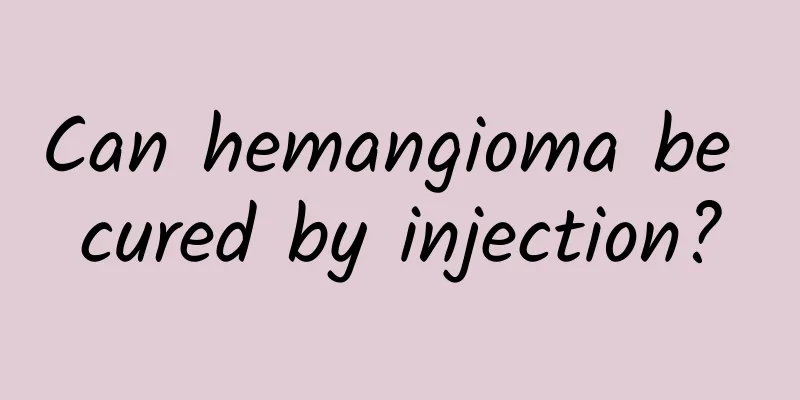Bile duct dilatation can be harmful and needs prompt treatment

|
The causes of bile duct dilatation can be divided into congenital and acquired. The congenital one is usually caused by inflammation in the embryo or mother, and the newborn may have yellowing sclera. The incidence rate is relatively high among adolescents and children, and may manifest as abdominal pain, jaundice, and lumps may also be found during B-ultrasound examination. Bile duct dilatation has a great impact on the growth and development of children and may also induce biliary cirrhosis and even cancer, so it needs timely treatment. What are the complications of bile duct dilatation? The poor bile drainage or even obstruction caused by the cystic dilatation of the lesion and the relative stenosis of the distal bile duct is the root cause of complications. The main complications are 1. Recurrent ascending cholangitis 2. Biliary cirrhosis 3. Bile duct perforation or rupture 4. Recurrent pancreatitis 5. Stone formation and tube wall cancer If the use of antispasmodics and antibiotics to relieve symptoms of bile duct dilatation is ineffective, surgical treatment is recommended. The main treatments are: 1. External drainage It is used in individual severe cases, such as severe obstructive jaundice with cirrhosis, severe biliary tract infection, and spontaneous bile duct perforation, and secondary treatment will be carried out after the condition improves. 2. Internal drainage between cyst and intestine For example, cystoduodenal anastomosis has many complications, such as repeated attacks of cholangitis, anastomotic stenosis, and stone formation. Later, cystojejunal Roux-en-Y anastomosis was adopted, and various types of anti-reflux operations were designed on the intestinal flap. However, the problem of pancreaticobiliary confluence still exists, so symptoms of cholangitis or pancreatitis may still occur after surgery, and even another surgery may be needed. There have been many reports of cyst wall cancer after surgery. Therefore, it is rarely used nowadays. 3. Biliary reconstruction with resection of dilated bile duct In recent years, the radical resection of the dilated bile duct and bile duct reconstruction have been advocated to achieve the purpose of removing the lesion and achieving pancreaticobiliary shunting. Physiological biliary reconstruction can be used to place the jejunum between the hepatic duct and the duodenum, or to add an anti-reflux valve, or to use hepatic duct-jejunal Roux-en-Y anastomosis, hepatic duct-duodenal anastomosis, etc., all of which can achieve good results. The main thing is that the anastomosis must be large enough to ensure adequate bile drainage. Warm reminder: Patients with bile duct dilatation should receive scientific treatment under the guidance of a doctor based on their symptoms. Do not reject surgery and should not take medication blindly, as this will only aggravate the symptoms and increase the difficulty of cure. |
<<: What is the best medicine to take for bitter mouth?
>>: What to eat if blood is thick?
Recommend
Alopecia areata grows white hair
Many men don't like to keep their hair and wo...
Homemade whitening mask that works fast
Facial mask is one of the must-have beauty produc...
What to do if taking medicine hurts your kidneys
There are many drugs that can damage your kidneys...
Why do I still have dry mouth after drinking a lot of water?
In our daily lives, we will encounter many proble...
How to effectively remove chloasma?
As the female friends grow older, various skin pr...
The efficacy and function of ginger and angelica root
Chinese medicinal materials have an extremely imp...
Can I drink alcohol after taking Niuhuang Jiedu Tablets?
Speaking of the name of the medicine Niuhuang Jie...
How to treat adnexal cysts? How to treat adnexal cysts?
The appendages include the fallopian tubes and ov...
CT pulmonary angiography
Angiography is a medical detection method widely ...
What are the medicinal values of Dendrobium?
I believe everyone is familiar with Dendrobium. D...
Can garlic treat pharyngitis?
Everyone knows that garlic has detoxifying and ba...
What should not be eaten by patients with dementia syndrome
Everyone gets sick sometimes. For example, illnes...
What are the benefits of drinking water soaked with ground ding?
The herb, also known as the herb ground clove, bi...
What to do if your neck is swollen and tight
If your neck is swollen and tight, you should pay...
Virus carrier
Generally speaking, the virus carriers we refer t...









